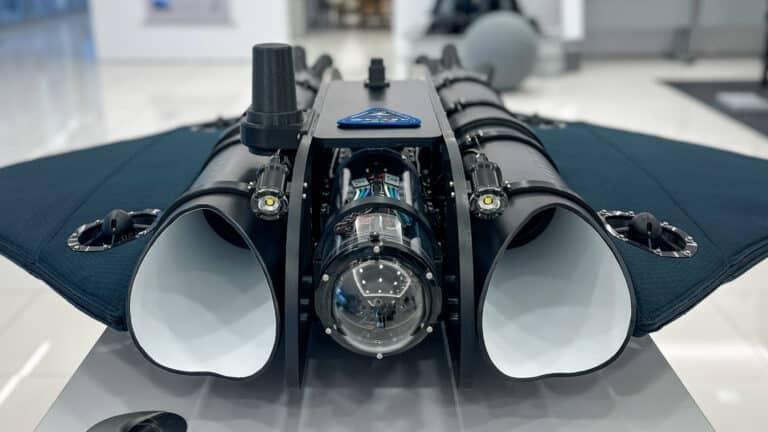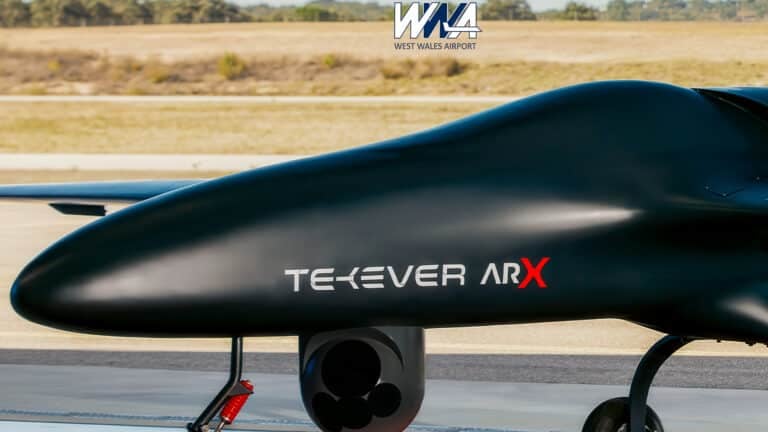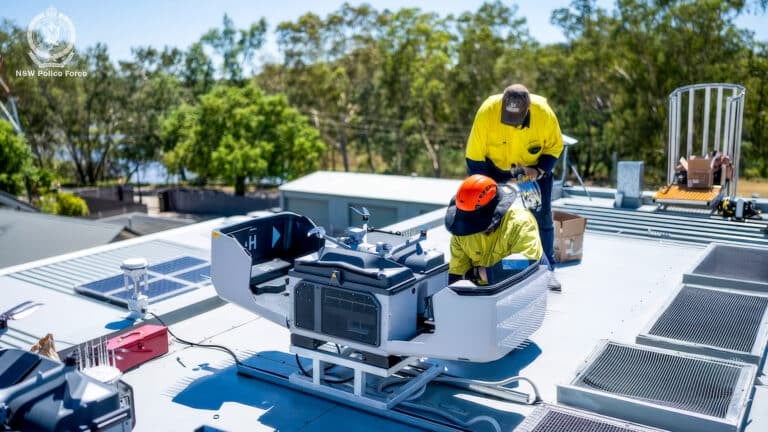UK orders DragonFire laser to blast drones for just $13 a shot
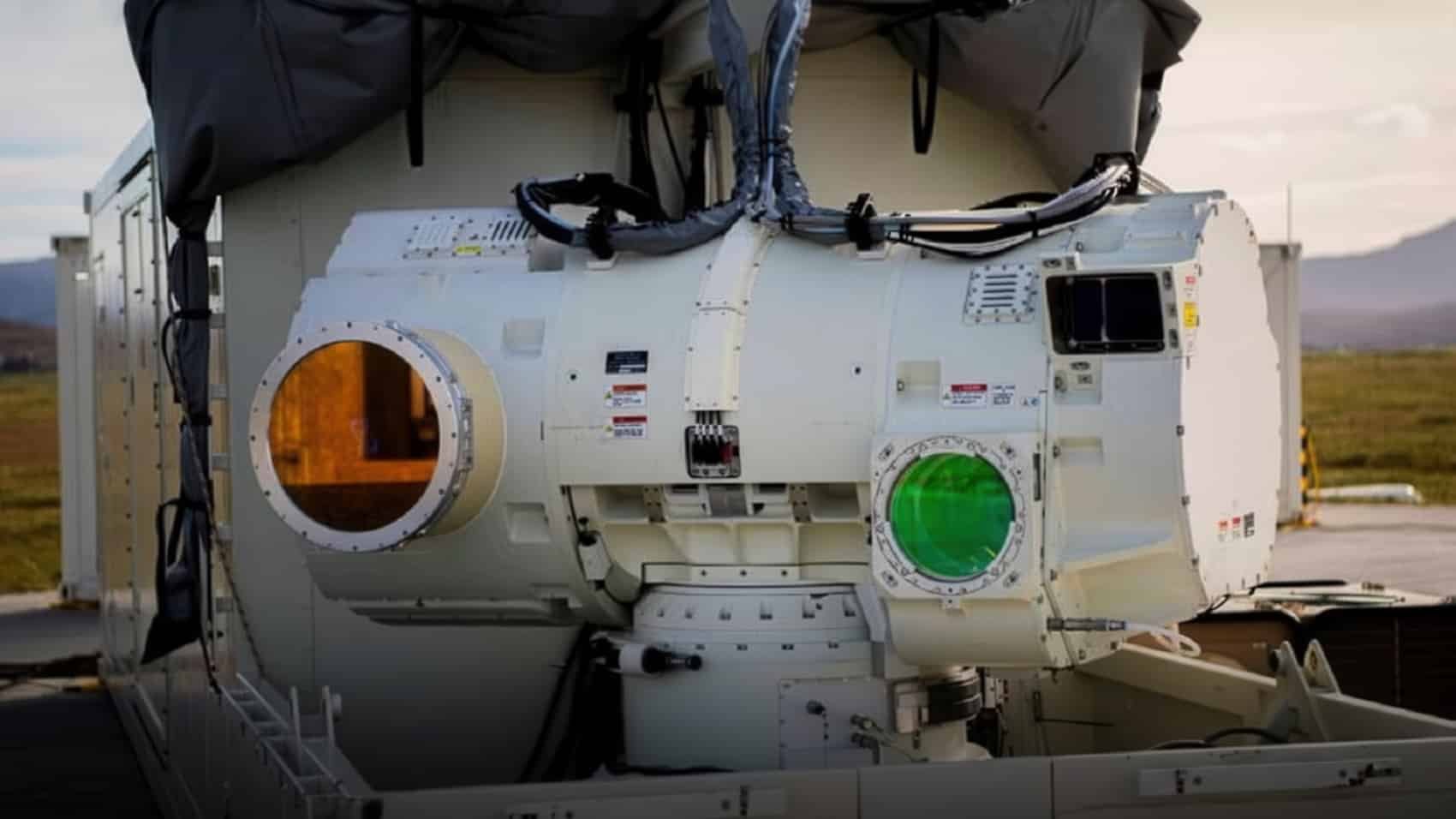
Check out the Best Deals on Amazon for DJI Drones today!
The United Kingdom has approved a 316 million pound contract for MBDA UK to deliver the DragonFire laser weapon to the Royal Navy, as Defense News reported. This marks a major milestone for European directed energy weapons. The system will first appear on a Type 45 destroyer in 2027. That is several years ahead of the earlier plan and shows how fast the UK wants to move on counter drone capability.
DragonFire impressed observers during trials. Test shots at the Hebrides Range in Scotland struck drones flying 403 mph (650 km/h). Engineers say the laser can hit a one pound coin at 0,6 miles (one kilometer). This level of precision is rare for a weapon that fires a beam of light. The cost per shot is around thirteen dollars because the system only uses electrical energy. A modern missile can cost hundreds of thousands. That creates a huge advantage when ships face swarms of cheap drones.
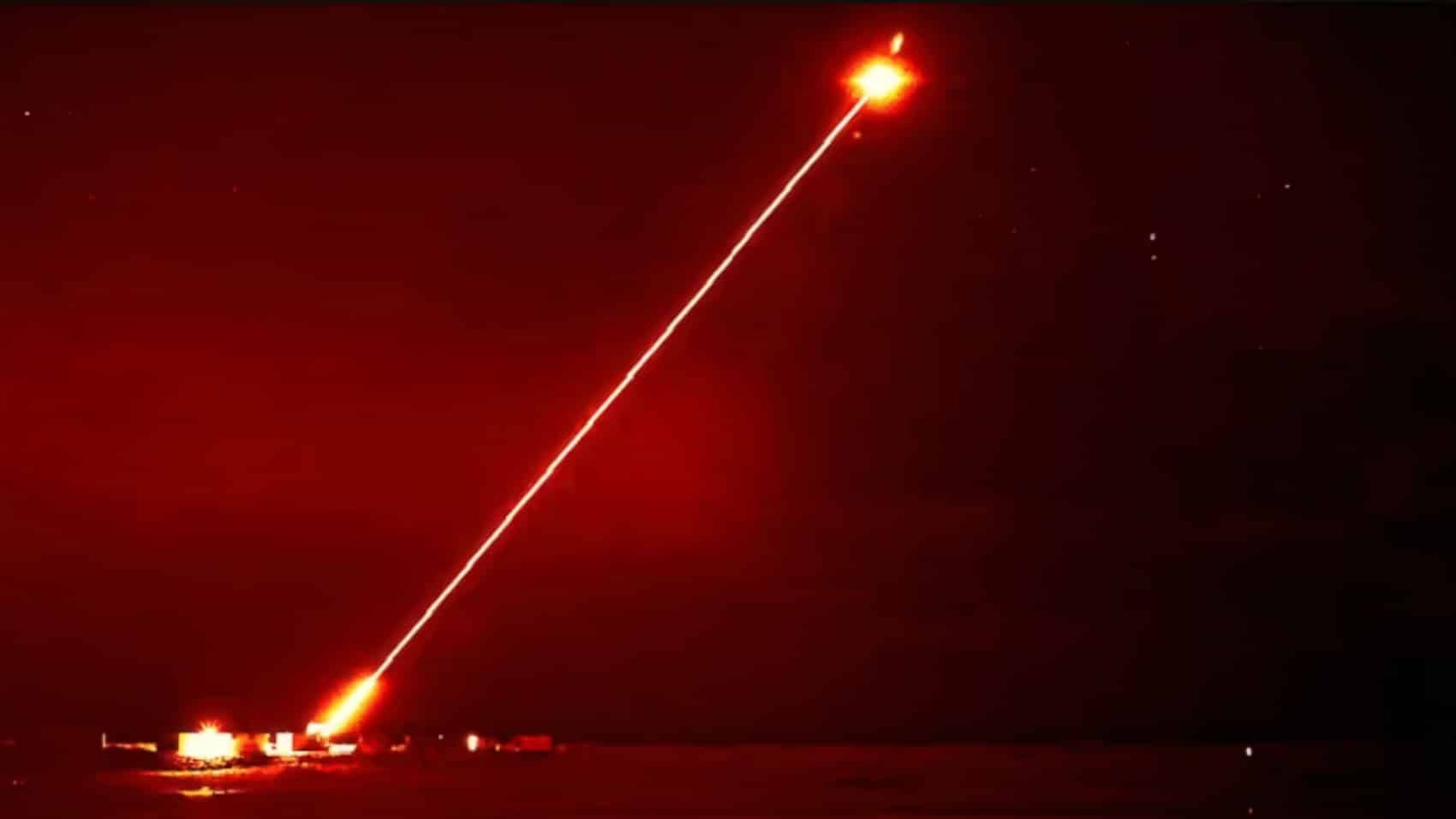
The UK Ministry of Defense says the contract supports close to six hundred jobs across the country. Scotland, the southwest and the east of England see the largest share. Officials point to the project as an example of how defense technology also brings economic benefits. Many countries invest in counter drone systems. Few, however, have pushed a high power laser all the way to fleet service.
The announcement arrives at a moment when navies everywhere feel pressure. Drones and guided munitions continue to grow in numbers. Many are small, fast and inexpensive. A warship can run out of missiles long before the attacker runs out of drones. DragonFire aims to deal with these threats without draining stockpiles.
How the DragonFire laser works at sea
DragonFire comes from a partnership that includes MBDA UK, Leonardo and QinetiQ. The system uses a high power laser mounted on a turret with full rotation. The exact power level is not stated, but it is believed to be about fifty kilowatts. That is enough to damage drones or small rockets by heating key parts until they weaken or fail. For a drone made of thin material, the process takes only a short moment.
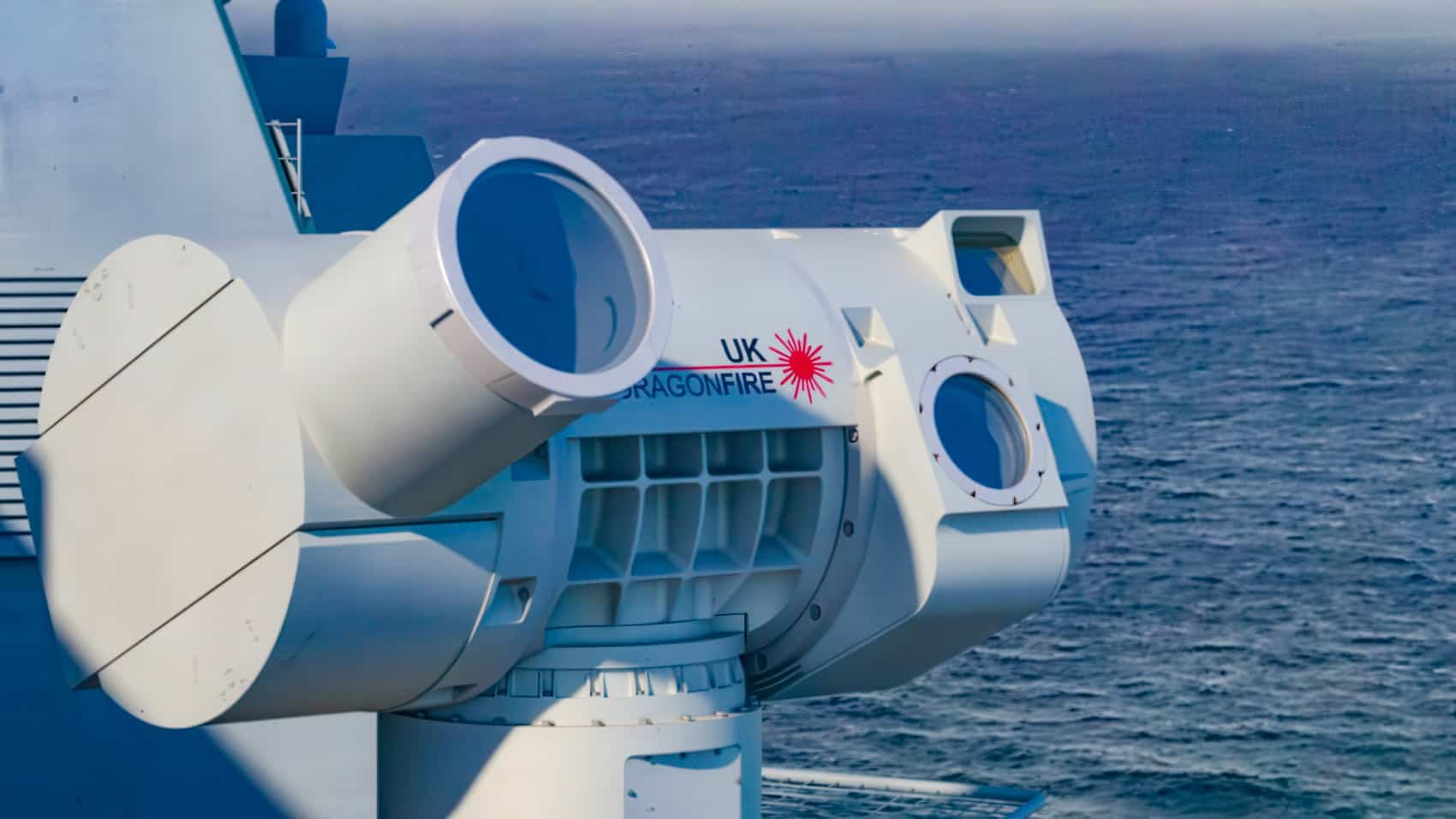
The ship’s radar and optical sensors find the target. The combat system then hands off the track to the laser. The beam travels instantly and begins to heat the surface. The goal is simple. Keep the beam on the same spot until the drone loses control or breaks apart. Because the beam moves at the speed of light, the weapon does not need to lead the target in the same way a regular gun does.
One major advantage is the magazine. A ship carries only a limited number of missiles. A laser fires as long as power and cooling remain steady. This lets a destroyer deal with long drone attacks or saturation attempts. It also gives commanders freedom to save expensive missiles for more dangerous threats.
The system will integrate with the Type 45 destroyer’s existing combat sensors. Engineers still need to solve challenges that come with life at sea. Salt spray, rain and fog all reduce beam strength. Heavy waves also make it harder to keep the beam focused on a small moving target. These problems are well known in laser development. The Royal Navy believes DragonFire has matured enough to overcome them.
A shift in drone warfare and naval planning
Lasers are becoming a real part of modern air defense. The Israel Defense Forces recently said their Iron Beam system brought down dozens of drones in combat. Israel now plans to place laser defenses on future naval ships. Defense leaders around the world say low cost shots and fast engagements could reshape naval strategy.
For the Royal Navy, DragonFire fills a gap. Modern ships do not want to waste pricey missiles on ten pound drones. A laser gives them a cheap way to protect the ship from small but dangerous threats. If the system works well at sea, future versions could appear on more ships. Some experts believe land vehicles and even aircraft may carry similar systems one day.
Adversaries will react. Drone producers may shift to faster designs, stealthier shapes or larger swarms. Laser defenses will improve in return. This back and forth is already visible in many conflicts. The UK hopes to stay ahead by placing DragonFire on real ships sooner rather than later.
DroneXL’s Take
DragonFire represents a new chapter for naval defense in Europe. It is no longer just a research project. It is becoming a real weapon at sea. The low cost per shot is the most important feature. It changes how ships deal with drones and small munitions. A destroyer can now fire again and again without fear of emptying its magazine. The next test will be how well the laser performs in real wind, rain and spray. If DragonFire proves reliable, it could force navies and adversaries around the world to rethink the future of drone warfare.
Photo credit: UK Ministry of Defense
Discover more from DroneXL.co
Subscribe to get the latest posts sent to your email.
Check out our Classic Line of T-Shirts, Polos, Hoodies and more in our new store today!

MAKE YOUR VOICE HEARD
Proposed legislation threatens your ability to use drones for fun, work, and safety. The Drone Advocacy Alliance is fighting to ensure your voice is heard in these critical policy discussions.Join us and tell your elected officials to protect your right to fly.
Get your Part 107 Certificate
Pass the Part 107 test and take to the skies with the Pilot Institute. We have helped thousands of people become airplane and commercial drone pilots. Our courses are designed by industry experts to help you pass FAA tests and achieve your dreams.

Copyright © DroneXL.co 2026. All rights reserved. The content, images, and intellectual property on this website are protected by copyright law. Reproduction or distribution of any material without prior written permission from DroneXL.co is strictly prohibited. For permissions and inquiries, please contact us first. DroneXL.co is a proud partner of the Drone Advocacy Alliance. Be sure to check out DroneXL's sister site, EVXL.co, for all the latest news on electric vehicles.
FTC: DroneXL.co is an Amazon Associate and uses affiliate links that can generate income from qualifying purchases. We do not sell, share, rent out, or spam your email.












